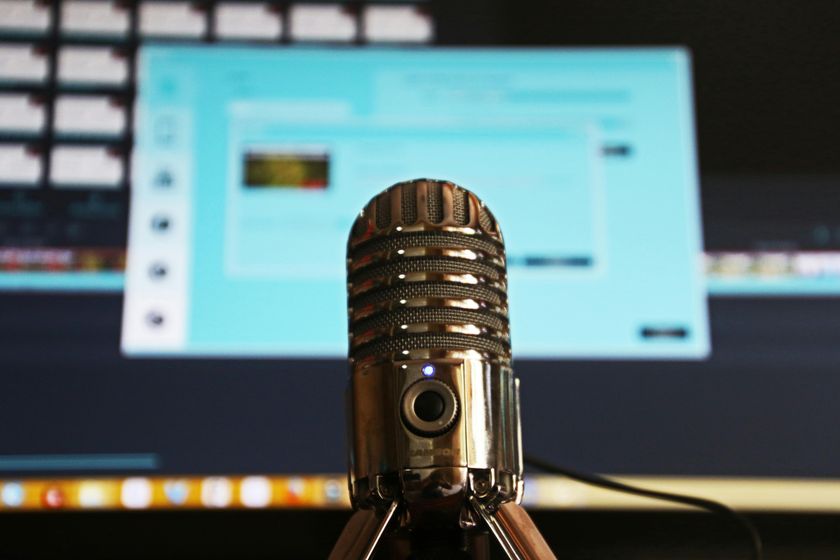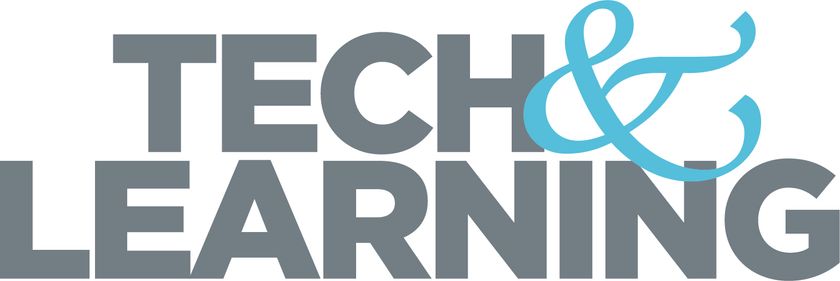Why I Ignore Social Media (Mostly): Advice for School Leaders
Don’t let social media lead you into its toxic swamps

When I see a post about a friend or relative’s child who has achieved a milestone, such as graduation, marriage, or birth of a new child, I smile and like 👍🏻(or love ❤️) the post. However, I ignore almost all other social media. Why? Because most of it is negative, completely false, or highly inaccurate. And more importantly, it makes me less intelligent.
Don’t take my word for it – here is a study confirming it. Yes, engaging in negative energy online lowers your intelligence!
Tune in to one of the greats on the subjects of wellness and intelligence: Seth Godin. He presents constructive and productive ways to manage human interactions, laying bare Facebook's decision to build an algorithm to divide people. Social media has been weaponized to isolate, not bring together, unless we are careful. We can be, if we follow the right course.
Consider the damages characterized in one research study, which reinforces that false information travels eight times faster and farther than truth: Why? Because humans are wired to attend to negative and inflammatory information. We want to see how an exchange unfolds and if there is a threat, and then we want to prepare to defend ourselves.
Our children’s education and wellness are dependent on a set of values that promotes a Think Again (2021) approach. Adam Grant urges us to change the way we think and learn, so that we are able to move on, adapt, and thrive. Doing so comes with a recognition of the destructive power social media has. A degree of devastation so profound, it makes us less intelligent.
Solutions to Online Negativity
There are ways to redirect ourselves from the negative social media feedback loop that echoes relentlessly.
Awareness is a start. Applying techniques to tap the frontal lobe’s higher cognitive areas are substitutes for negative feedback loops. Practices such as focusing on deep work by leveraging technology can be a solution.
Tech & Learning Newsletter
Tools and ideas to transform education. Sign up below.
Physiological techniques such as binaural beats and breathing practices can help reverse provoking our less intelligent thoughts. I wrote about these time-tested, efficient and effective strategies that include simple, accessible, and quick ways to provide a cognitive boost against disruptive online primal reactions that can deter the effects of online toxicity.
Recognizing that when, via social media, we battle with and dehumanize someone who is not present with us, we are retreating to inferior methods of communication. We miss intonation and the decency that comes with in-person interaction, and draw highly inaccurate conclusions, with incomplete information about another person.
The answer is to bring people back together, to allow us to see one another and move away from two-dimensional thinking so we can draw more accurate, empathetic, three dimensional conceptualizations. With keyboard warriors, the attack says everything about them and nothing about you. Refuse to give them the satisfaction of a response or an opportunity for continued engagement.
Exchanging Perceived Negativity for Actual Facts
Another strategy is to present the danger of the awareness heuristic, or a mental shortcut used to consolidate large amounts of information our human brains are incapable of collecting bit by bit. Unfortunately, this also leaves us prone to making highly inaccurate conclusions.
For example, consider how many individuals fear flying, yet flying remains the safest way to travel. Continuing to draw the emotionally irrational conclusion that air travel is dangerous is the awareness heuristic at its worst. We see a plane crash and make a disproportionate conclusion about the likelihood of it happening to us.
Teaching others to logically recognize this inclination and providing factual information is an antidote to our vulnerability about misunderstanding reality online.
Likewise, when being repeatedly exposed to negative or aggressive content on social media, it can increase the accessibility of negative cues in memory, which can impact their judgments and decisions. This results in a vicious cycle of negative exchanges that perpetuate more negative behavior. The awareness heuristic risks amplifying disproportionate views, as people are more prone to be exposed to this information rather than seeking balanced perspectives. This can pose a harmful impact on one’s ability to engage in productive solution-oriented exchanges.
Filtering out the negativity bias that persists on social media and being more cognizant of a factual approach helps everyone in school communities. They develop stronger relationships and integrate into thriving, more intelligent social networks that produce opportunity for all children. We even access higher developed parts of our brains, making us smarter!
Schools are the ideal space to teach and guide our community about these warning signs, ways around them, and methods to apply solution-oriented logic.
- How to Lead Post-Pandemic Students to Thrive After Years of Isolation
- Reversing Digital Disruption for Students
To share your feedback and ideas on this article, consider joining our Tech & Learning online community here
Dr. Michael Gaskell is Principal at Central Elementary School in East Brunswick, NJ, has been published in more than four dozen articles, and is author of three books: Radical Principals, Leading Schools Through Trauma (September, 2021) and Microstrategy Magic (October, 2020). Mike presents at national conferences, including ISTE (June 2023) The Learning and the Brain (November, 2021), and FETC (January 2023, and 2022); and works to find refreshing solutions to the persistent problems educators and families face. Read more at LinkedIn










